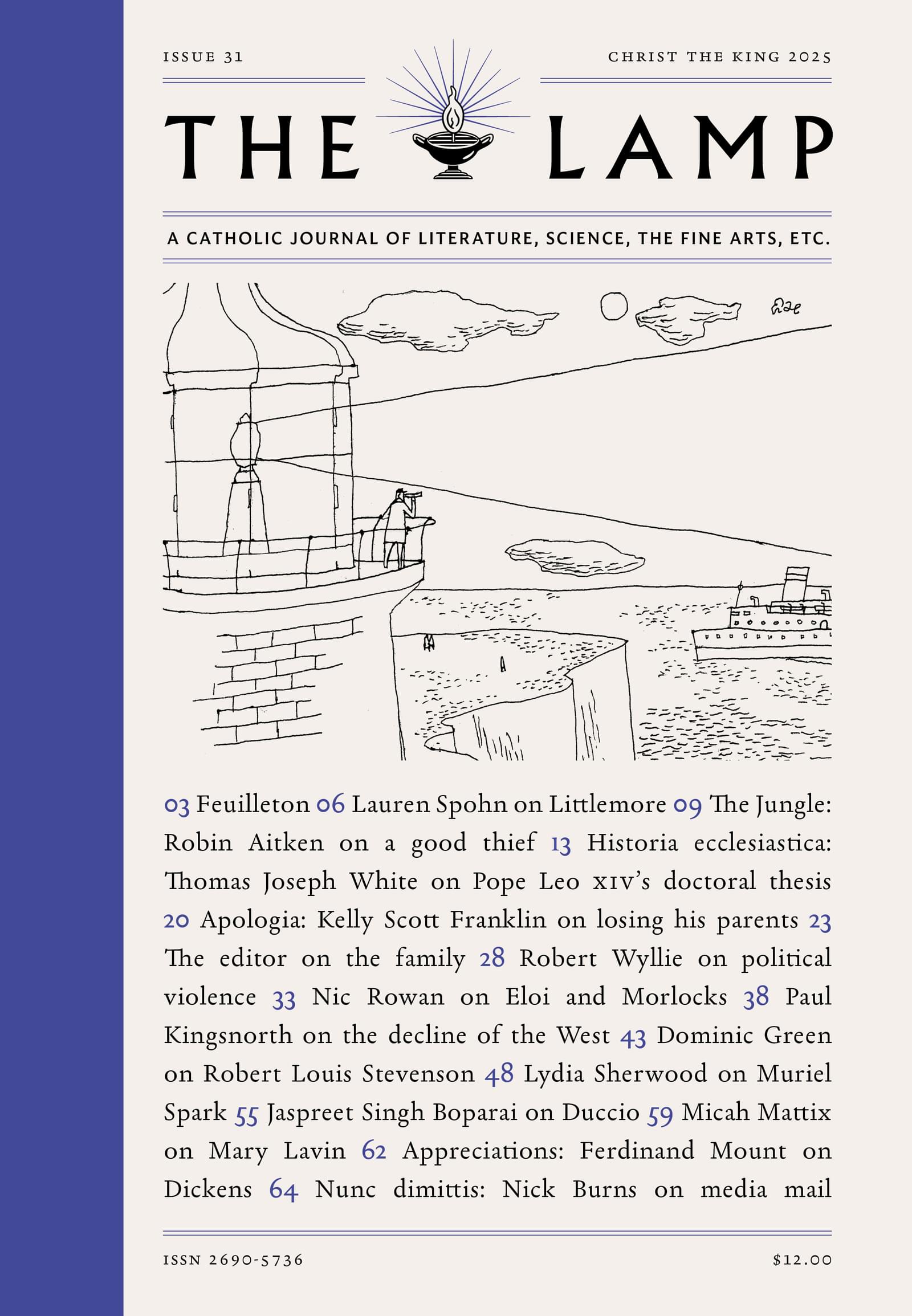Rowan has come into a sailboat, and I’m going to make him take me out on it. Despite being a son of one of the great maritime states, I know little about seafaring, particularly marlinspike sailing; nevertheless, I plan to make myself useful in a vaguely stewardish fashion by shucking oysters, pouring stiff drinks, and making a bit of a jackass of myself for the amusement of the assembled faithful. Will I bring a yacht cap, to wear at jaunty angles and wave at passersby? You bet. A tin of small cigars, wrapped in two Ziploc bags against the spray? Yes, sir. A parody of the Larchmont lockjaw? Most definitely. A gigantic bottle of Plymouth gin? Well, now that you mention it—
This is a role to which I am well suited, and have long practice. I am a congenital class clown, which is, I suspect, the typical personality type of your average scribbler. (Although, among my confreres in the more respectable sort of outlet, I detect a certain teacher’s-pettishness.) My friends, of necessity, are tolerant. Between these two facts, I am usually taken care of. In my senior year of college, I took a bus to Harvard–Yale without any plans besides going to the Yale Daily News kegger. (Which sucked, by the way.) That night, accompanied by a half-empty bottle of Wild Turkey and a dogeared copy of Infinite Jest—yes, I was in the middle of that phase—I slept on the floor of some kind stranger, to whom one of my friends vouched for my basic harmlessness.
In graduate school, this was elevated to a way of life; for my first year, amid a comic series of failures to obtain an apartment rental or a job, I couch-surfed through New York. I was eventually taken in by the family of a college friend, I think mostly because his father was, at our first social meeting, deeply impressed by my capacity for drinking gimlets. I lived in a guest room off the conservatory, and for a year rose and looked out onto the Long Island Sound every morning. I was a shabbily dressed sidekick at family dinners, outings to the Met and the 92nd Street Y, small local adventures on kayak and bicycle. They still call the guest room “Jude’s Room,” making it probably the only architectural feature that will ever bear my name. Historians, take note.
This is the sort of unprovoked kindness that brings tears to your eyes. (Brian, Margaret, and Connor—if, by some chance, you are reading this, again, thank you.) It is impossible to pay this sort of thing back in kind, even if you should suddenly and, at least in my case, very unexpectedly come into a fine house in the Connecticut suburbs. You needed something badly; someone gave it to you. They don’t have the same lack—they’re giving you the something, after all—so an “even,” one-to-one exchange in a distant future would still be an underpayment. Absent is even the equivocal reciprocity of the parent-child relation; there is no expectation that I will be caring for my hosts in their old age. A pure gift.
The curious thing is, I think, that this imbalance compels a certain class of virtues largely dormant in modern American life. Nobody, bracketing the small minority of the truly pathological, wants to be a mere sponger. So you have to figure out how to be a good guest—not just being clean and unobtrusive, but being the sort of person people like having around: domestically helpful and interesting, entertaining, or at least agreeable in conversation. It changes how you think and read; it is not unlike working on a daily column. The question becomes, How am I going to be the sort of person people like to see at dinner? What am I going to bring to the table tonight?
This is, I think, a fine natural model of grace. It also cuts through the American mythologies of self-sufficiency and meritocracy, laudable as they are in their proper spheres, to a more ancient set of principles—the courtly virtues, the code of Will Sommers and the King’s merry men. Xenia is a dual carriageway: the generosity of giving, but also the humility of receiving. Gratitude, under the etymological hood, is what we Saxonishly would call gracefulness.
My life is a collection of episodes in which people are kinder to me than I am to other people, which in a better man would be a cause for more self-reflection and reform than perhaps it has been. But the voyage to the shores of virtue is long, and I may make it there yet. Let’s just hope I don’t get seasick—especially on Rowan’s boat. Can you imagine how embarrassing that would be? Although I must admit, it would make for a terrific column.




